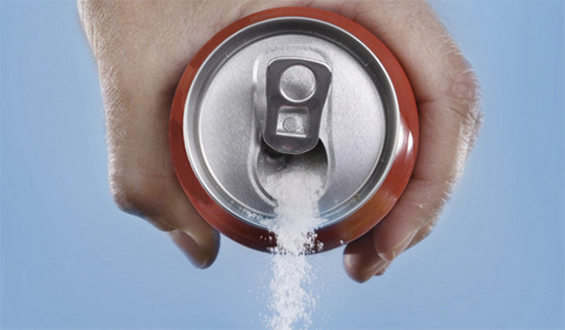
A new report released by a committee of British lawmakers is pushing for additional measures to be taken in an effort to decrease the level of childhood obesity in the country, including levying a 20% tax on sugary drinks.
The report suggests that “clear evidence” is available that shows that the suggested tax would reduce the sale of sugary drinks, which currently make up 40% of the sugar that children between the ages of 11 and 18 consume.
The 20% sugar tax is being considered by the government as one of many measures that aim to decrease the level of childhood obesity. Committee chairwoman Sarah Wollaston noted that by the time they finish primary school, about one-third of students are considered overweight or obese. Children who are most deprived were found to be twice as likely to become obese than children who are least deprived.
The committee believes that $7.6 billion would need to be spent on health care each year in order to effectively keep obesity under control, along with type 2 diabetes and tooth decay.
“We call on the Government to work with the devolved administrations on the implementation of our recommendations, for the benefit of children across the UK,” the authors wrote.
Other recommendations made by the committee to help decrease the level of obesity in the United Kingdom included decreasing promotions related to unhealthy foods and removing those food items from aisles and checkout counters, and moving all television ads for food high in fat, sugar or salt to after 9pm to avoid having children see them. They also suggested a government-mandated sugar reformation program, as well as amendments made to portion sizes and mandates for food products requiring sugar teaspoons as labels of sugar content, with one teaspoon equaling four grams of sugar.
Manufacturers of sugary drinks have criticized the report, arguing that the legislators are taking up the agenda of lobbyists and that adding the tax would be unfair.
Ian Wright from Britain’s Food and Drink Federation said the committee did not take the opportunity to offer an independent opinion on the topic of obesity. He added that it seems that no one had stopped to consider the consumers, who he said have already had to save billions in order to pay for taxes on food and beverages, writes Rina Marie Doctor for Tech Times.
A spokesman for British prime minister David Cameron said that Cameron does not believe a tax on sugary drinks to be an effective way to handle the obesity issue. Instead, he is prepared to launch a national childhood obesity program in January 2016 that will detail his suggested strategies.
Current recommended guidelines for daily sugar intake by the NHS amount to an average of 70 grams, or 17.5 teaspoons, for men and 50 grams, or 12.5 teaspoons, for women, depending on the individual’s size, age, and activity level.




